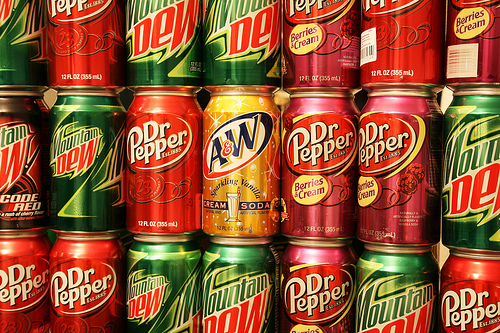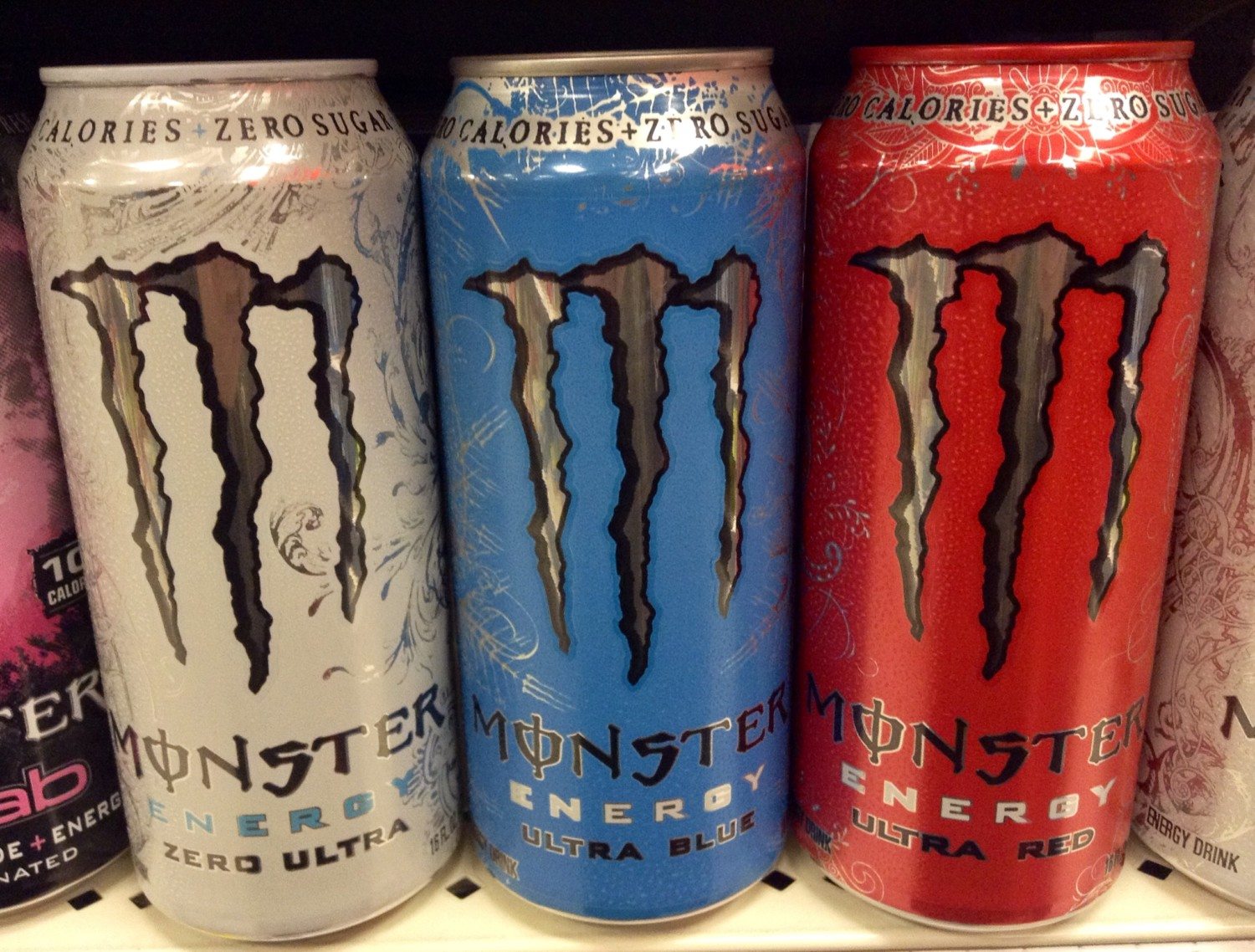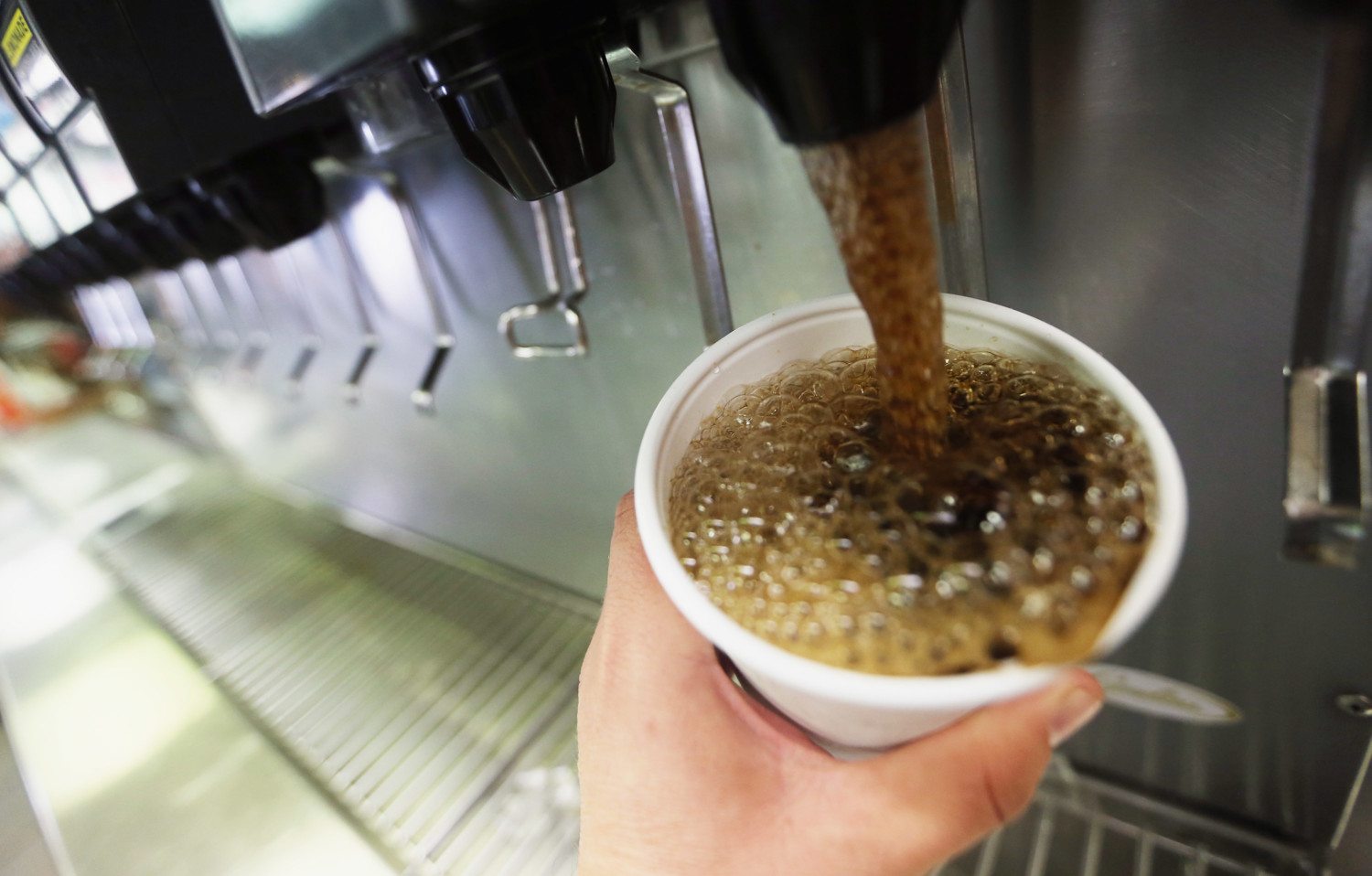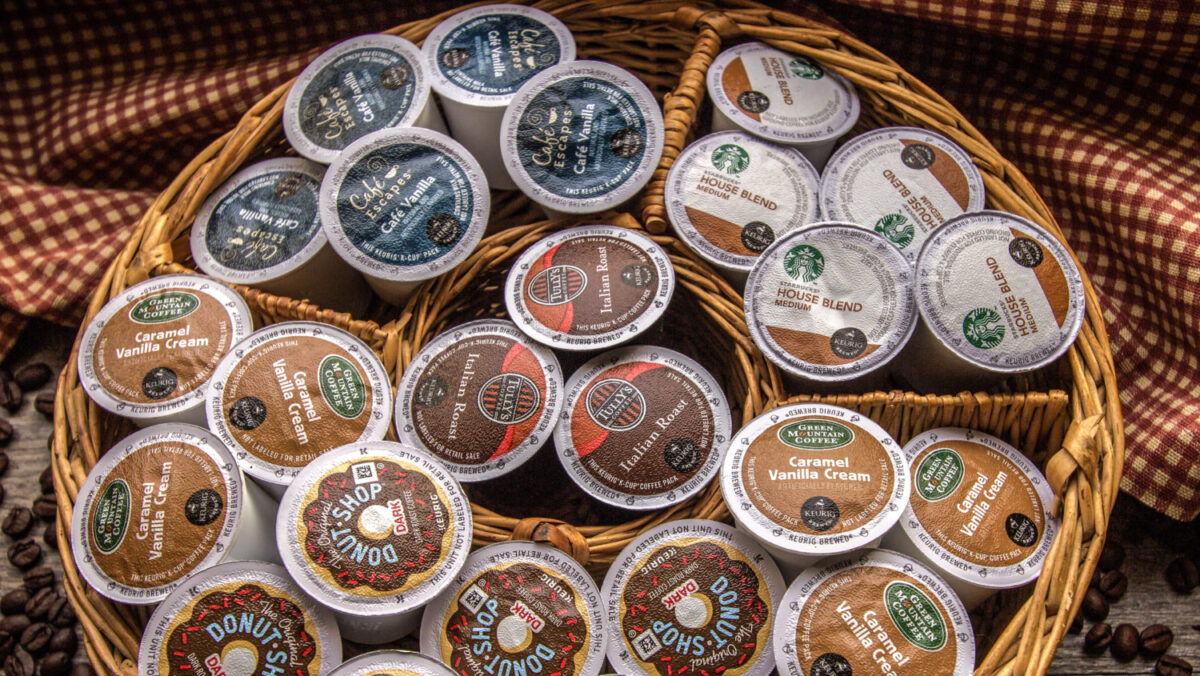Officials issue warnings about caffeine consumption after 16-year-old dies from overdose

Reports of a 16-year-old boy who recently died from a caffeine overdose have many people worried. After all, the majority of us consume caffeine every day. Shocking headlines like this can make you wonder: Am I safe? Is caffeine dangerous? How much is too much?
Coroner Raises Caffeine Concerns
On April 26, South Carolina student Davis Allen Cripe collapsed in a school classroom. He had no serious medical conditions and his death stunned his entire community. How could this happen?
Almost a month later, Richland County Coroner Gary Watts announced what he believed to be the cause of Davis’ death: a heart arrhythmia caused by excessive caffeine consumption. An arrhythmia happens when the heart doesn’t receive the electrical charges necessary to beat in the proper rhythm, according to the Mayo Clinic. This can cause the heart to beat too slow, too fast or irregularly.
“On this particular day within the two hours prior to his death, we know [Davis] had consumed a large diet Mountain Dew, a cafe latte from McDonald’s and some type of energy drink,” Watts said during a news conference. “It was so much caffeine at the time of his death that it caused his arrhythmia.”
Both Watts and the boy’s father, Sean Cripe, warned the public about kids consuming energy drinks.
“We lost Davis from a totally legal substance,” Watts said during a press conference. “Our purpose here today is to let people know, especially our young kids in school, that these drinks can be dangerous, and be very careful with how you use them, and how many you drink on a daily basis.”
Davis’ father also spoke about the dangers of caffeinated energy drinks.
“Like all parents, we worry about our kids as they grow up. We worry about their safety, their health, especially once they start driving,” he said. “But it wasn’t a car crash that took his life. Instead, it was an energy drink.”
Caffeine Deaths “Very Rare”
In the wake of this tragedy, how worried should we be about how much caffeine we—and our kids—are drinking on a daily basis? Dying from too much caffeine doesn’t happen often. In fact, the president of the South Carolina Coroner’s Association, Dennis Fowler, told USA Today it is “very rare.”
Between 2004 and 2012, only six reports were filed with the Food and Drug Administration about the possibility of death by caffeine overdose. Even those did not show a definitive link between the possible caffeine overdoes and death.
Still, as more products with caffeine have been introduced over the years (energy drinks, gum and powder), the FDA has launched an “aggressive effort” to warn consumers about the risks associated with too much caffeine.
Caffeine Affects Each Person Differently
The issue with caffeine comes down to how it affects each individual. Each person has his or her own tolerance to caffeine. Much of it depends on a person’s height, weight and how the body breaks down chemicals.
The Department of Agriculture recommends no more than 400 milligrams of caffeine each day. This equals about two to four 8-ounce cups of coffee daily. However, the Food and Drug Administration says 600 milligrams per day is excessive.
But many people are taking in much more than that. This is what can lead to dangerous side effects and health hazards.
“A Can Of Soda Isn’t Going To Cause This Thing”
Moderation is key when it comes to caffeine consumption.
“A cup of coffee, a can of soda isn’t going to cause this thing,” said Dr. Amy Durso, deputy chief medical examiner for Richland County. “It’s the amount and also the time frame in which these caffeinated beverages are consumed that can put you at risk.”
Many times, we’re not even aware how much caffeine we’re taking in each day. We have a couple of cups of coffee in the morning. Then, maybe a soda or two at lunch. Perhaps you grab more coffee later in the day. Or sometimes we may need an energy drink to give us an extra boost.
But, did you know an energy drink can have anywhere between six to more than 200 milligrams of caffeine?
Combine that with the caffeine in soda and coffee and there’s a significant risk of getting too much. That’s what happened with 16-year-old Davis. He, like many of us, didn’t think about everything he had already consumed. It seemed harmless. It was an accident. But it could have been prevented. That’s what the coroner who examined Davis wants the public to know.
“The purpose here today is not to slam Mountain Dew, not to slam cafe lattes, or energy drinks, Watts said. “But what we want to do is to make people understand that these drinks—this amount of caffeine, how it’s ingested, can have dire consequences. And that’s what happened in this case.”







